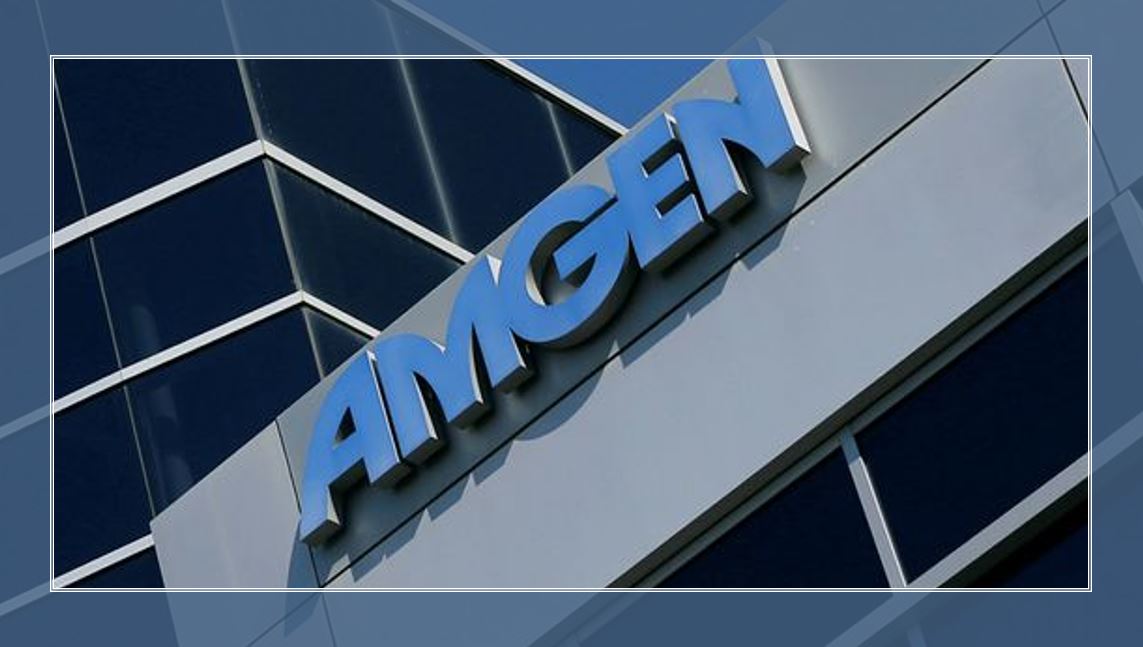News & Trends - Pharmaceuticals
New study to rekindle hope for migraine sufferers

Pharma News: A recent study by Monash University has shown the effectiveness of a Amgen’s migraine drug Erenumab (Aimovig) for chronic sufferers, which sadly remains unaffordable for most patients.
Involving 170 patients living with frequent, severe migraine attacks (chronic migraine) across three specialist headache centres in Australia, findings revealed that after being prescribed Erenumab, after three months 58.8% had at least halved the number of ‘migraine attack’ days each month. This result was maintained at six months, with 50% experiencing half the number of days with migraine that they had at baseline.
Erenumab was recently withdrawn from the Pharmaceutical Benefits Advisory Committee (PBAC) approval process in Australia. However, the findings, published in Headache: The Journal of Head and Face Pain, demonstrate that Erenumab is an effective, well-tolerated migraine therapy, in real-world, complex patients, but will remain out of reach for most people due to cost.
The study, led by Dr Elspeth Hutton from the Monash Department of Neuroscience, ran from October 2018 to April 2020 and examined the effectiveness of the drug in two groups, with an average age of 46 years and 90 per cent female.
One was the ‘product familiarisation group’, that was prescribed the drug by their neurologist or pain physician at no cost, because of the complexity of their condition. These were often patients who are overusing analgesic medication or have failed multiple preventive therapies and would likely be excluded from traditional drug trials.
The other group was the ‘paid access’ group, which included patients who could access Erenumab on a payment program after a three-month free trial.
Erenumab is one of a group of four new therapies designed specifically for migraine, known as CGRP monoclonal antibodies. These are the first available drugs designed specifically to prevent migraine, with a high rate of both effectiveness and tolerability.
Migraine is a complex brain disorder, which is the leading cause of neurological disability in Australia. Some 4.9 million Australians live with migraine disease, and 7.6% of Australians live with the more disabling form, chronic migraine, with migraine attacks on more than 15 days per month.
The total economic costs, incorporating health system cost, productivity cost, carer cost, welfare payouts and deadweight costs (including lost taxation and informal care costs) of migraine in Australia in 2018 were estimated to be $35.7 billion.
“We are hopeful that two other treatments in this class may be available at an affordable price for patients soon,” Dr Hutton said.
Similar to the Erenumab drug, Eli Lilly’s Galcanezumab (Emgality) and Teva’s Fremanezumab (Ajovy), have received PBAC approval but are not yet listed on the PBS. “These drugs represent a significant advance in migraine care, and with many patients describing them as ‘life-changing’, they bring new hope to many living with migraine disease.”
You may also like Clinical advance in migraine treatment
News & Trends - Biotechnology

CSL reshapes R&D while bracing for U.S. tariffs
Australia’s largest biotech company CSL is streamlining its R&D operations to enhance efficiency amidst a rapidly evolving global landscape. The […]
MoreNews & Trends - MedTech & Diagnostics

Australia joins Medtronic trial in fight against resistant hypertension
Medtronic has launched an international clinical trial across Australia, the United States, and Europe to evaluate the feasibility of multi-organ […]
MoreNews & Trends - MedTech & Diagnostics

Medibank launches pharmacogenetic testing while government stalls on insurance discrimination ban
Medibank has become the first Australian health insurer to pay towards pharmacogenetic testing (PGx) for eligible customers on Extras cover. […]
MoreNews & Trends - Pharmaceuticals

Global pledge shifts visibility and action for patients with advanced breast cancer
Three breast cancer organisations have united internationally to demand that people living with metastatic breast cancer (MBC) are no longer […]
More